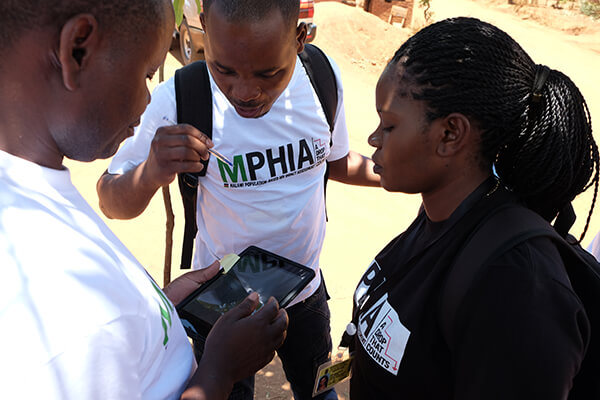MPHIA 2020: Key Findings*
%
Annual HIV incidence among adults
%
HIV prevalence among adults
%
Viral load suppression among adults living with HIV*
MPHIA 2020: 95-95-95 among adults living with HIV
50%
Adults living with HIV who knew their HIV status
0%
Adults who were aware of their HIV status who were on ART
75%
Adults who were on ART who had viral load suppression
*MPHIA 2015-2016 Summary Sheet and Final Report, as well as related reports and publications, can be found below.
Related Resources
No results found.
Recent PHIA News
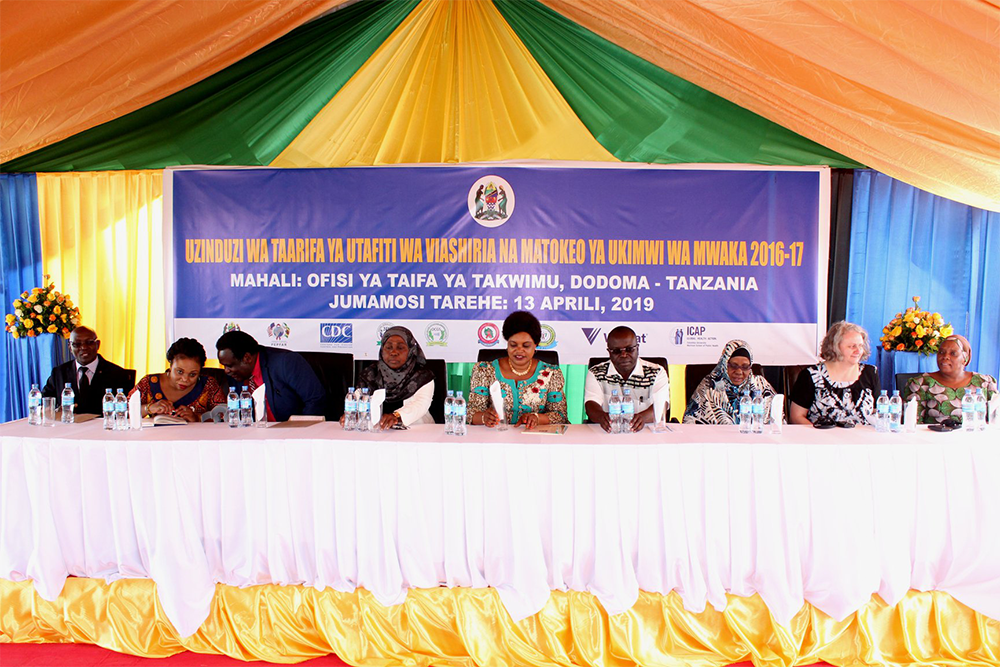
Tanzania, which has been one of the countries at the epicenter of the HIV epidemic in sub-Saharan Africa, now has a critical set of data about its progress in addressing HIV among its people – and equally critical insight into the work that still lies ahead.
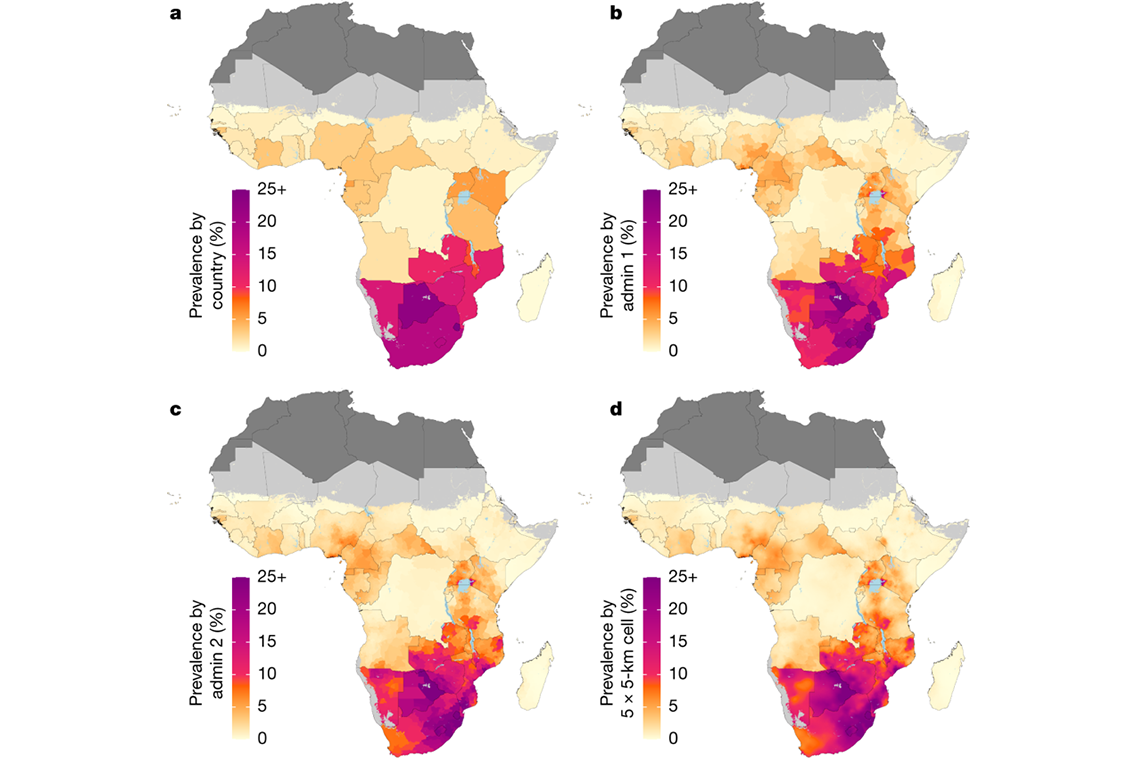
A new study co-authored by Jessica Justman, MD, Senior Technical Director at ICAP at Columbia University and Associate Professor of Medicine in Epidemiology at Columbia’s Mailman School of Public Health, captures the evolution and variation of the HIV epidemic over space and time in sub-Saharan Africa by using detailed provincial- and district-level maps of HIV prevalence in each country, down to the level of a small city.
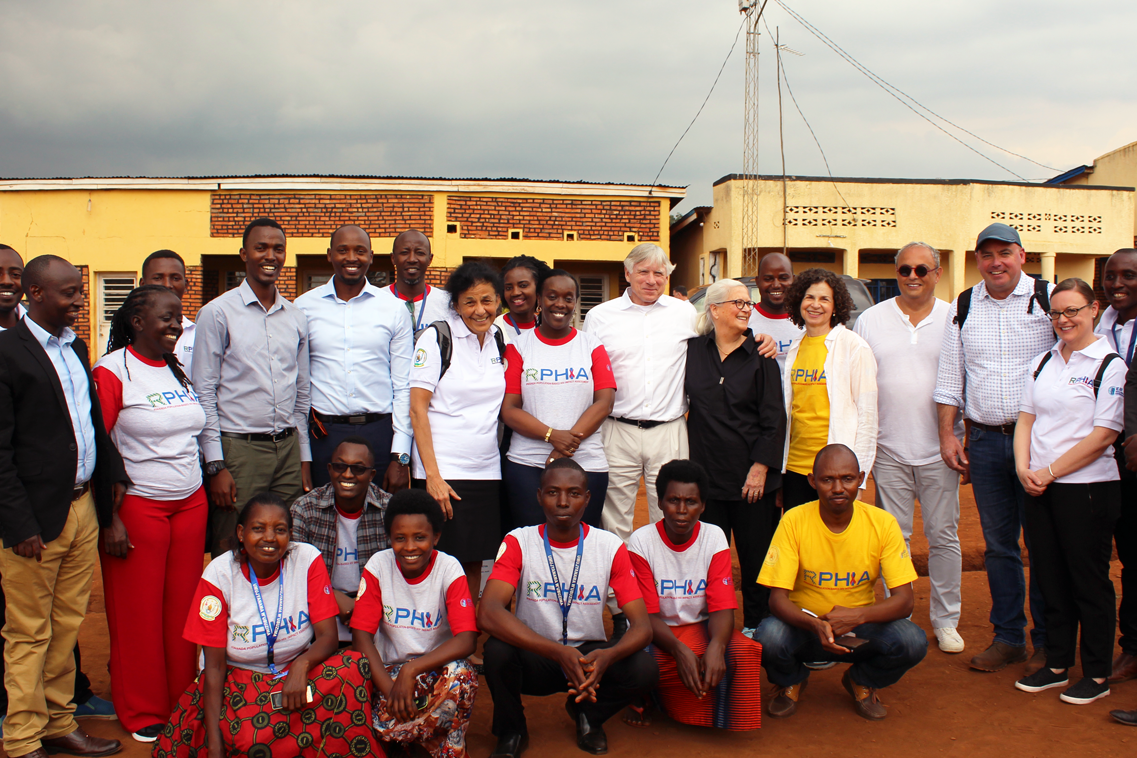
Columbia University President Lee C. Bollinger got a firsthand look at the impact that ICAP has been making on the HIV epidemic when he recently traveled to Kenya and Rwanda, where ICAP’s longstanding partnerships and support have helped these countries achieve significant progress.
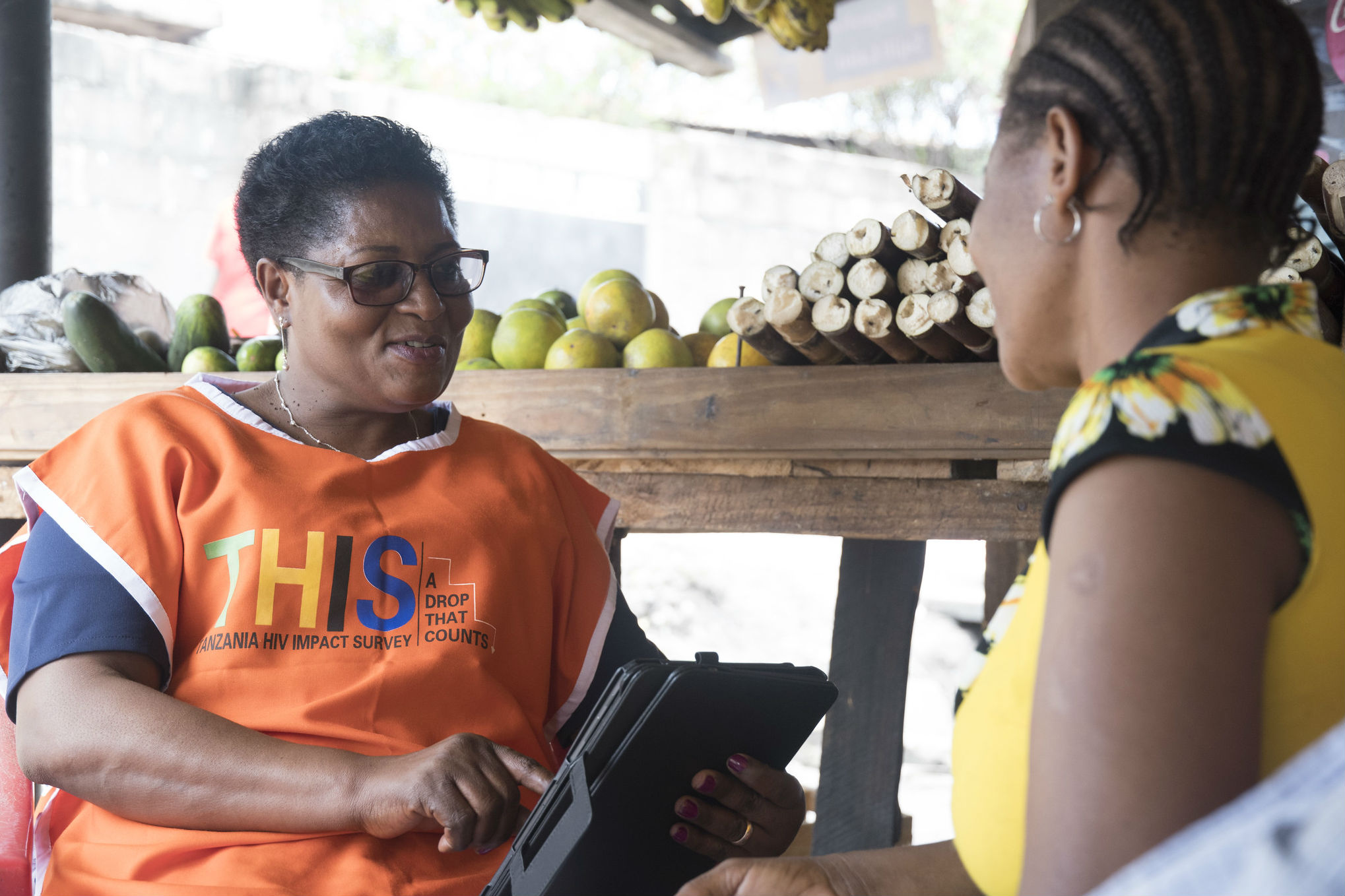
ICAP at Columbia University has been awarded a $50 million grant from the U.S. Centers for Disease Control and Prevention (CDC) to conduct an extensive population survey effort in an array of countries and communities hardest hit by the global HIV epidemic.






